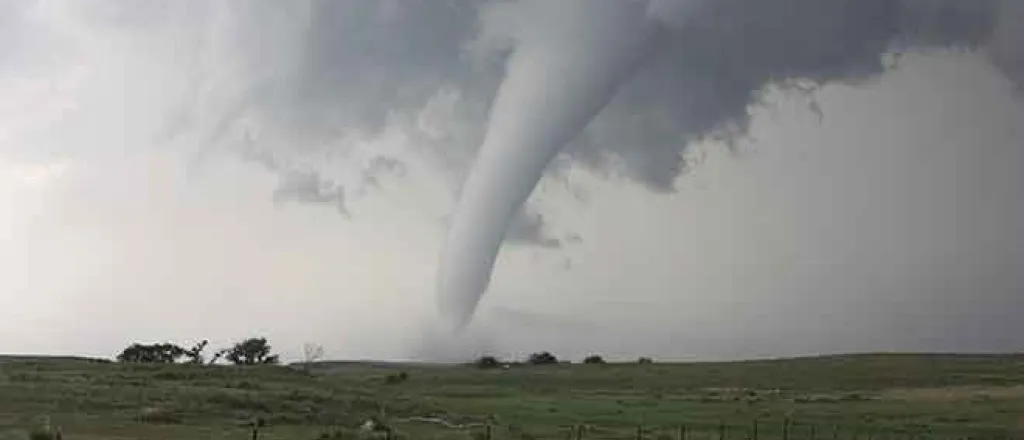
Knowing what's true and what's false about tornadoes could save your life. Gary Crawford has more.
PARTICIPANTS: Gary Crawford and USDA meteorologist, Brad Rippey.
Transcript
Oh my God, this is not good.
There's a whole roof that just came off.
I've never seen anything like it.
Houses are leveled.
Some first-hand testimony to the power of tornadoes.
I've never seen anything like this in my 18 years covering tornadoes.
I had to hold on to the wall to keep myself safe.
I didn't want to fly away in the tornadoes.
We had to pull a car out of the front hallway off a teacher.
We could basically feel the ground shake and reverberations off of the power of the tornado.
We're literally taking a tremendous amount of atmospheric energy and turning it into a giant vacuum cleaner.
That's Agriculture Department meteorologist Brad Rippey who says that despite our actually being able to see dramatic real-time videos of these storms, there are still an awful lot of misconceptions, I guess you would call them myths, still floating around about tornadoes.
They're about as prevalent as urban legends.
First one, some areas of geography such as high elevations, some regions of the country, are completely protected from tornadoes.
Wrong.
In the late '80s, a tornado rushed across the mountaintops in Yellowstone National Park at the 10,000-foot level.
There's an area you would not expect to see tornadic activity.
So mountains are not safe, river valleys are not safe.
Certain areas are more climatologically favored to see tornado activity due to the lay of the land, but you don't want to ever think of yourself as completely safe from tornadoes.
And indeed, tornadoes have been reported in every state in the country.
Here's another common belief.
The low pressure associated with a tornado causes buildings to explode.
But of course, that's wrong.
The low pressure in a tornado, although strong, is not enough to cause a building to explode.
Now it's true that the winds of a strong tornado can level a house.
But not by explosion.
That would be just by sheer twisting and force of the wind.
Which then explodes the next myth, that if we know a tornado is heading for our house, we should take time to open up all the windows to equalize the pressure.
Wrong again.
Since tornado pressure cannot explode a house, opening the windows is useless.
Forget about the windows and just try to get to a safe place, the lowest level of the house, or if you don't have that, maybe into a bathtub covered by blankets or a mattress or something to protect your body from flying debris.
And finally, the most prevalent tornado myth of all, and many of us believe it for some reason, that maybe it's a metal construction or something, but anyway, that mobile home parks actually attract tornadoes.
Wrong again.
Brad Rippey says yes, there may be more devastation, more death, when a tornado hits a mobile home park, but...
Tornadoes move through single family home areas just as often as they move through mobile parks, but your level of destruction is going to be much more significant.
Even a 70 or 80 mile an hour wind can toss a mobile home on its side if it hits it right, whereas a house with a foundation will withstand that force.
And finally, here's something that's not a myth.
This is NOAA Weather Radio.
Having a NOAA Weather Radio with an alert function that turns on automatically when there's a severe weather warning has saved many people's lives, and yes, it could save yours.
Gary Crawford for the U.S. Department of Agriculture, Washington.








